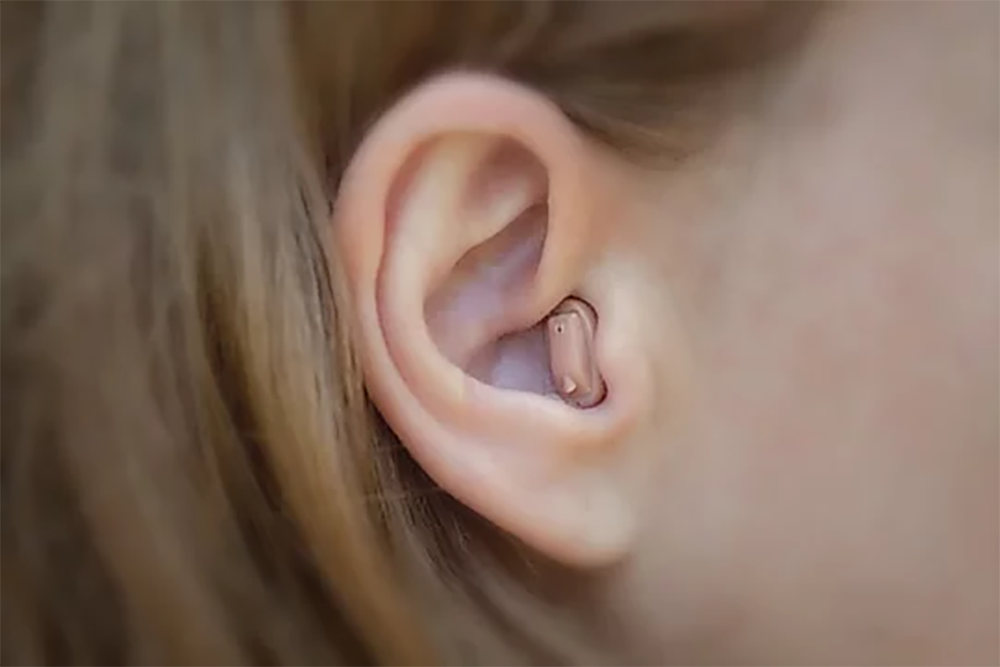Hearing Clinics: Care, Technology, and Treatment Options
Hearing clinics provide focused care for people with hearing concerns, offering testing, counseling, device fitting, and follow-up. These clinics combine medical assessment with practical solutions to improve communication, using modern diagnostics and personalized plans. Whether you notice gradual hearing changes or sudden shifts, a clinic helps identify causes and recommends steps to preserve or restore hearing function while addressing daily-life needs.

This article is for informational purposes only and should not be considered medical advice. Please consult a qualified healthcare professional for personalized guidance and treatment.
What role do hearing aids play?
Hearing aids are often the most visible outcome of a clinic visit, but they are part of a broader care plan. Modern hearing aids amplify sound selectively, improving speech clarity while reducing background noise. Audiologists work with patients to choose devices that match the type and degree of hearing loss, lifestyle needs, and budget. Fittings, real-ear measurements, and follow-up adjustments are essential to maximize benefit and comfort, rather than simply handing over a device.
How does an audiologist help?
An audiologist is a licensed professional who assesses hearing, fits devices, and manages rehabilitation. They perform diagnostic tests—like pure-tone audiometry and speech-in-noise testing—to characterize the nature of hearing loss. Beyond device fitting, audiologists provide counseling on communication strategies, monitor ear health, and coordinate with ENT physicians if medical treatment or surgery is indicated. Personalized hearing care helps patients set realistic goals and improves long-term outcomes.
How is sound assessed in clinics?
Clinics measure sound perception with a range of tests to map hearing thresholds and functional listening ability. Standard assessments include pure-tone audiograms, speech recognition scores, and tympanometry to evaluate middle-ear function. Some clinics use advanced speech-in-noise or auditory processing evaluations to understand real-world challenges. Test results inform diagnosis—whether sensorineural, conductive, or mixed hearing loss—and guide decisions on medical follow-up and technology solutions.
What hearing technology is available?
Hearing technology continues to evolve, blending miniaturization with smart features. Options include behind-the-ear and in-the-ear hearing aids, rechargeable models, and devices with Bluetooth connectivity for phone calls and streaming. Some clinics offer remote programming and smartphone apps for adjustments. Assistive listening devices and FM systems help in specific environments like classrooms. Technology choices are guided by the audiologist’s assessment, user dexterity, and the acoustic environments where the person spends time.
How are hearing loss treatments determined?
Treatment plans start with the diagnosis and consider medical, surgical, and rehabilitative options. For conductive issues caused by ear infections or eardrum problems, medical or surgical intervention may restore hearing. Sensorineural loss is commonly managed with hearing aids or cochlear implants when appropriate. Rehabilitation includes auditory training, communication strategies, and environmental modifications. The clinic team works with patients to balance expected benefits, risks, and practical considerations such as device maintenance and ongoing care.
Clinics vary by size and scope, from independent audiology practices to national chains and hospital-based centers. When seeking local services in your area, consider clinics that offer comprehensive assessment, in-house audiologists, trial periods for devices, and long-term follow-up. Below are several well-known providers that operate clinics or hearing centers across multiple regions.
| Provider Name | Services Offered | Key Features/Benefits |
|---|---|---|
| Amplifon | Hearing assessments, hearing aids, repairs, counseling | Global network, variety of manufacturer options, follow-up care |
| Costco Hearing Aid Center | Hearing tests, hearing aids, fittings, batteries | Competitive pricing, bundled services, membership-based access |
| Starkey | Hearing aid fittings (clinic partners), telecare support | Manufacturer with advanced tech options and remote services |
| Miracle-Ear | Hearing tests, custom hearing aids, support programs | National presence, customized fittings and rehabilitation tools |
| HearUSA | Diagnostic testing, hearing aids, tinnitus management | Full audiology services, veteran and Medicare-friendly options |
Conclusion
Hearing clinics bridge the gap between diagnosis and practical solutions, integrating audiologist expertise, diagnostic testing, and evolving sound technology. Whether the goal is to fit hearing aids, explore surgical referrals, or learn coping strategies, clinics offer individualized pathways to better communication. Choosing a clinic that provides thorough assessment, trial periods, and ongoing support helps ensure the selected approach aligns with a person’s hearing needs and lifestyle.






